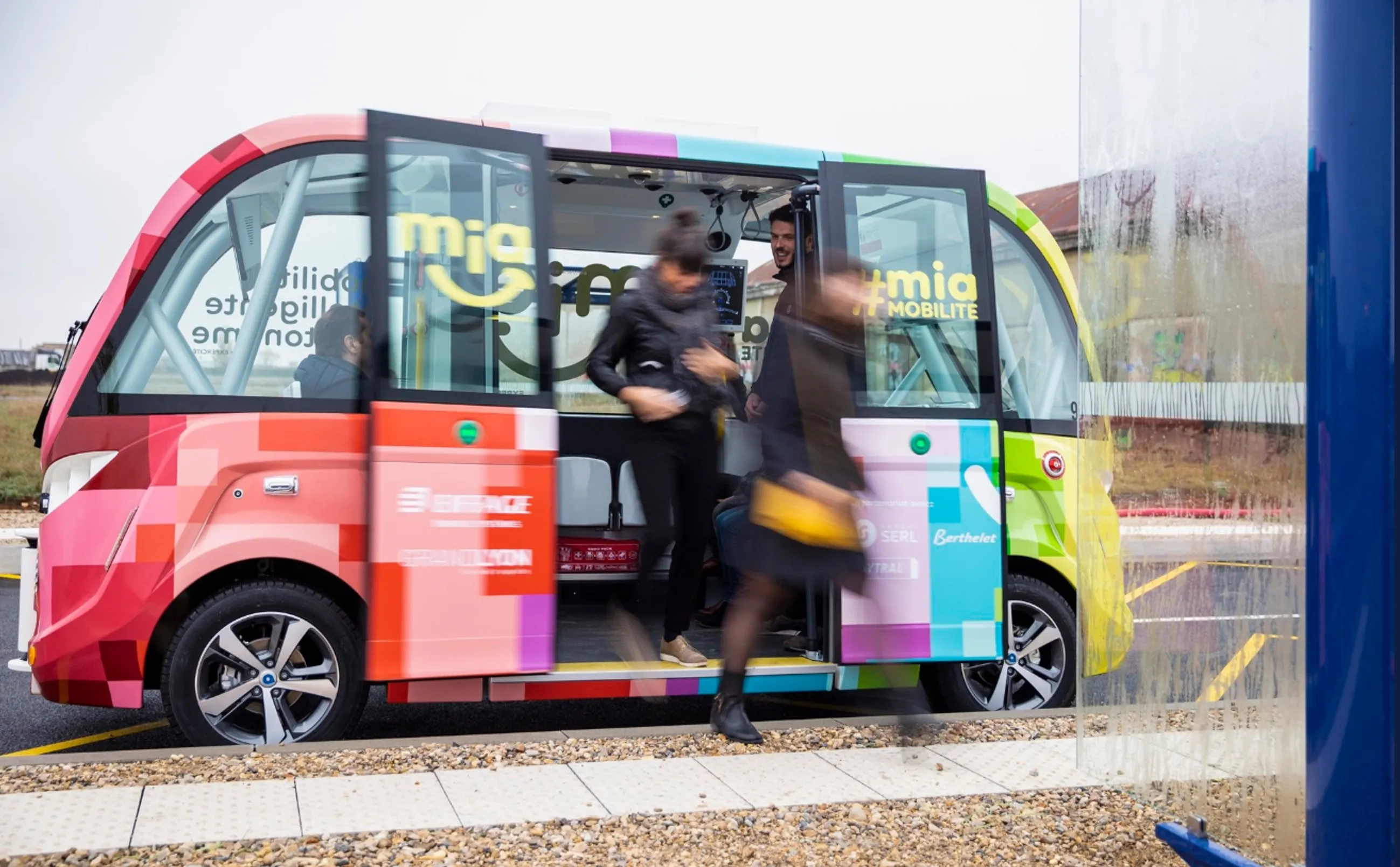
Location specialist TomTom is extending its collaboration with Microsoft.
The companies, which have worked together since 2016, already collaborate as part of the Overture Map Foundation and say they "will now develop AI-powered solutions for the automotive, logistics and broader mobility domains".
Microsoft Azure remains TomTom's preferred cloud provider, and TomTom powers Azure Maps, which enables developers to incorporate mapping and location capabilities into solutions, ranging from spatial analytics to Internet of Things and asset tracking.
Search engine Bing, data visualisation tool Microsoft Power BI and Microsoft 365 use TomTom’s maps and services to support their location-based features.
“Microsoft is already rolling out TomTom’s Traffic, based on our new TomTom Orbis Maps, and we look forward to further supporting them with the freshest and most accurate location data,” said Harold Goddijn, CEO of TomTom. “Through this collaboration, we will create innovative, AI-based products that are set to deliver customer value.”
Nicholas Lee, corporate vice president, Microsoft Maps & Local, explains: "By hosting their services in Microsoft Azure, TomTom’s location technology interfaces seamlessly with our services, benefiting customers across industries.”
The firms have also been collaborating on automotive solutions, developing generative AI-powered automotive solutions and an in-vehicle digital cockpit and infotainment solution with cloud analytics.










